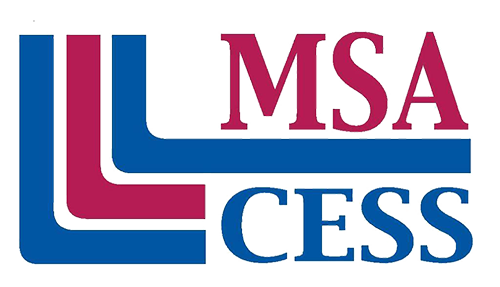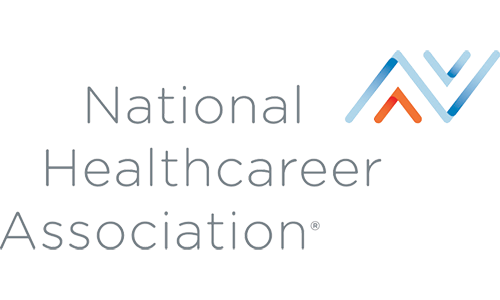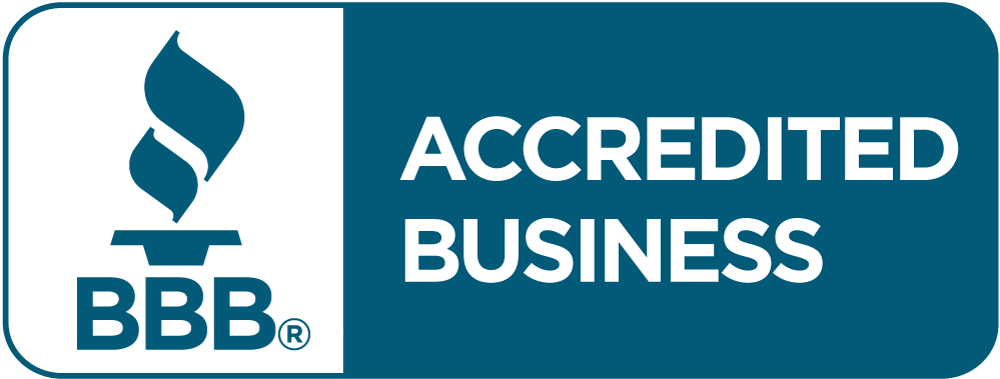Patient Care Technicians (PCTs) play a vital role in hospitals, working directly alongside nurses and other healthcare professionals to deliver hands-on patient care. Their duties help ensure that each patient’s stay is safe, comfortable, and well-coordinated. From checking vital signs and assisting with daily living activities to performing EKGs and drawing blood, PCTs are provide high-quality care and help operations run smoothly. With training in phlebotomy, EKG, and patient support, PCTs in New Jersey a ready to fulfill in-demand roles across various hospital units.
Do Patient Care Technicians Work In Hospitals?
Yes, hospitals are a primary workplace for Patient Care Technicians. PCTs are employed throughout New Jersey in inpatient units, surgical floors, emergency departments, and specialty care areas. The exact opportunities available depend on your certifications, experience, and the needs of each facility. With strong technical and interpersonal skills, PCTs are valuable members of hospital care teams focused on improving patient outcomes.
What Does a Patient Care Technician Do in the Hospital?
In hospitals, PCTs perform essential clinical and patient support duties that keep care running efficiently, such as:
- Recording and monitoring vital signs and intake/output.
- Assisting patients with bathing, dressing, and mobility.
- Performing EKGs and monitoring heart rhythms.
- Collecting and labeling blood and other lab samples.
- Assisting nurses with wound care, dressing changes, and catheter maintenance.
- Preparing rooms and equipment for procedures.
- Transporting patients to and from testing and treatment areas.
By handling these responsibilities, PCTs allow nurses to focus on advanced care while ensuring patients receive consistent, compassionate attention.
Can Patient Care Technicians Work in the ER?
Yes, hospitals across New Jersey employ PCTs in emergency departments. In these fast-paced environments, PCTs assist medical staff by:
- Taking vital signs and documenting information during triage.
- Performing EKGs and assisting with blood draws.
- Cleaning and preparing treatment rooms and supplies.
- Transporting patients to imaging and other units.
- Providing comfort and basic care to patients during emergencies.
Because the ER requires quick thinking and teamwork, hospitals look for PCTs with strong clinical training and prior experience in acute or critical care settings.
Useful Certifications for Hospital & ER Work
If you’re a PCT interested in hospitals or the ER, certifications can make a big difference:
- Patient Care Technician (PCT) Certification: 95% of employers prefer or require PCT candidates to be certified. Expand your bedside care skills, such as assisting with daily living activities, which hospitals look for on inpatient floors.
- CCMA (Certified Clinical Medical Assistant): Focuses on clinical skills that are highly useful in hospital settings, and opens up your career opportunities.
- Phlebotomy Certification: Prepares you to draw blood and process samples—an in-demand skill in ERs, labs, and inpatient units.
- EKG Technician Certification: Trains you to perform and interpret EKGs, vital in cardiology and emergency care.
Specialized Roles for PCTs in Hospitals
With the right combination of certifications and experience, Patient Care Technicians can transition into more focused hospital roles, including:
- Cardiac Care Technician: Assists in monitoring patients with heart conditions, performing EKGs, and supporting cardiac procedures.
- Surgical Technician Assistant: Helps prepare operating rooms, transports patients, and assists with pre- and post-operative care.
- Dialysis Technician: Works with patients undergoing kidney treatment, operating dialysis machines and monitoring vital signs.
- Oncology Technician: Supports cancer patients through treatment by assisting with procedures, patient comfort, and care coordination.
- Geriatric Care Technician: Focuses on elderly patients, assisting with mobility, hygiene, and daily care routines.
- Rehabilitation Technician: Aids physical and occupational therapists in helping patients recover strength and mobility.
Take the Next Step Toward a Hospital Career
If your goal is to work in a hospital or even in the fast-paced environment of an emergency department, the right training and certifications can set you apart. Our Medical Assistant program in New Jersey includes Patient Care Technician (PCT), Phlebotomy, and EKG certification, all of which are highly valued in hospital settings. By completing this program, you’ll be equipped with the clinical expertise that hospitals look for and positioned to pursue specialized roles that go beyond traditional outpatient work. Contact us today to learn more about enrolling in our program.








